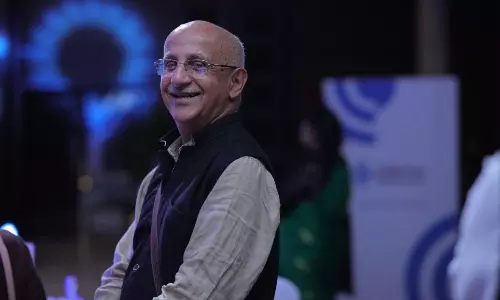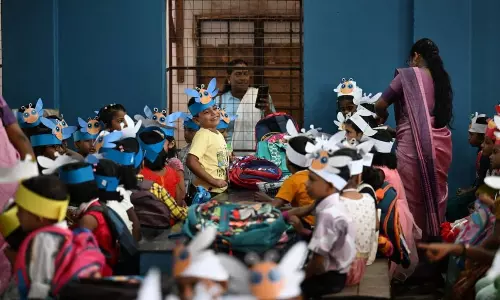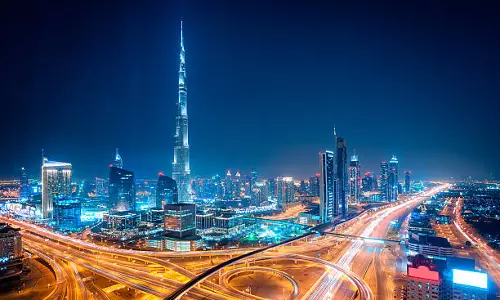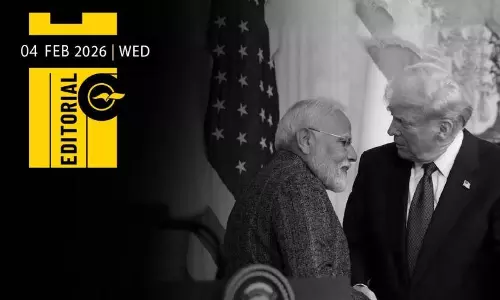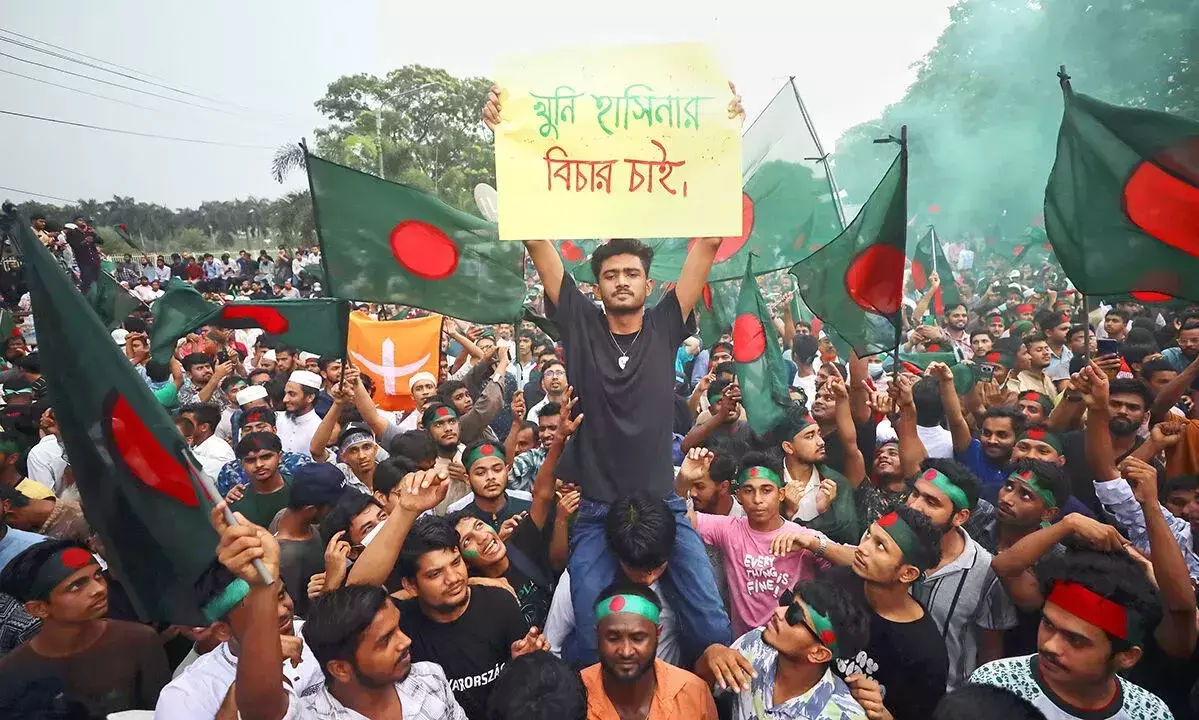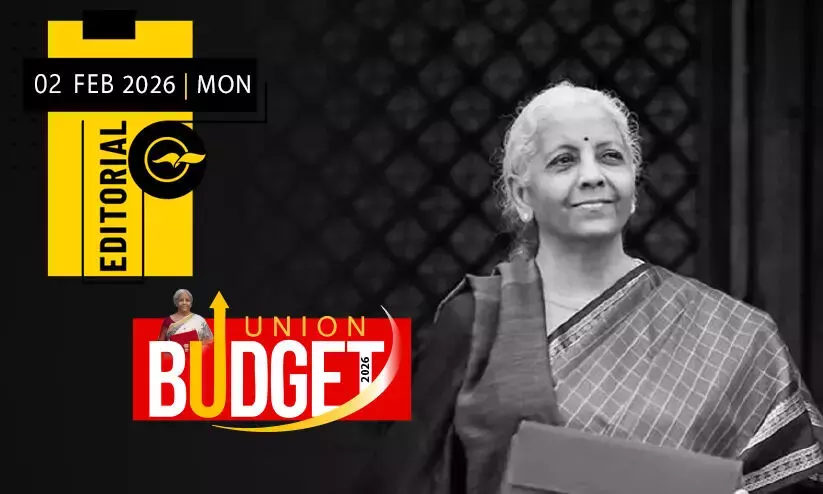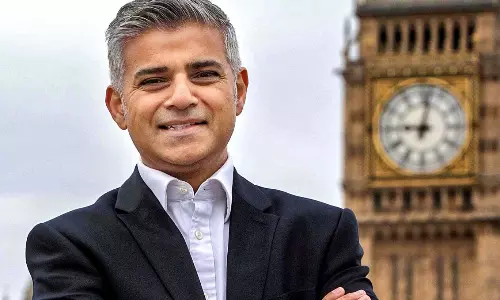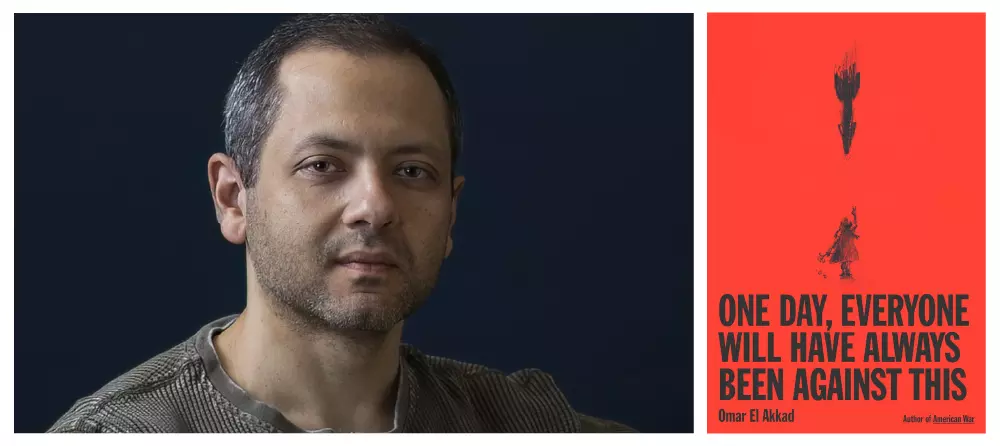
'One Day, Everyone Will Have Always Been Against This': Gaza and the silence that kills
text_fieldsHistory is a graveyard of moral cowardice. Again and again, we see politicians, institutions, and public figures remain silent in the face of atrocities—only to later rewrite history and claim they were always on the right side. We’ve seen this in India. Leaders who justified the Gujarat riots now proclaim themselves as champions of democracy. Institutions that ignored the Babri Masjid demolition now preach secularism. Media outlets that vilified dissenters now claim to stand for justice.
Omar El Akkad’s One Day, Everyone Will Have Always Been Against This is a piercing indictment of this pattern—a study in silence, complicity, and historical revisionism. While focused on the West’s failure to confront Israel’s war on Gaza, its central thesis resonates globally. The same tactics—criminalizing protest, controlling narratives, punishing dissent—are on full display in India. Selective reporting, draconian laws, and the targeting of critics are all part of a global playbook.
Since the book’s release, the stakes have only risen. Gaza’s death toll has surpassed 50,000, famine is officially underway, protestors and activists around the world are being met with police batons and legal threats.
For me, reading El Akkad’s book felt deeply personal. My father fled India during the Emergency, escaping political persecution. We found refuge in Canada, a country that spoke the language of human rights but did not always live by it. As a lawyer, professor, and journalist working in Canada and the U.S., I have seen firsthand how governments justify repression and how media manufacture consent for war and occupation. Whether in Palestine or India, the mechanics of silence remain the same.
El Akkad, a journalist and novelist, has long documented these patterns. His book is not just about Gaza—it’s about the machinery of erasure. He unpacks how politicians invoke human rights selectively, how journalists use euphemisms to obscure war crimes, and how institutions vilify truth-tellers—only to later rehabilitate them once it becomes politically safe.
Western media’s Gaza coverage is a case study in moral failure. The same outlets that condemned Russian war crimes in Ukraine, sanitize Israeli atrocities with passive language. Palestinians aren’t “killed”—they merely “die.” Israeli hostages are “abducted”; Palestinian children are “detained.” Civilian bombardments become “precision strikes.” This isn’t semantics—it’s dehumanization.
El Akkad shows how this extends beyond words. He documents how free speech champions have cracked down on pro-Palestinian voices, how Western democracies have supported the suppression of student protests, and how employees have been punished for speaking out. Again and again, those who call out injustice in real time are punished, only to be vindicated when the moral cost has diminished.
For Indians, the parallels are chilling. The way the West shields Israel mirrors how India suppresses dissent—from Kashmir to caste violence. Student activists and journalists are jailed under anti-terror laws. Human rights groups lose funding. Communal violence is justified—or ignored. Today’s dissenters are smeared as “anti-national,” just as critics of Israel are branded “terror sympathizers.”
Kashmir is erased from any debate. Atrocities in Uttar Pradesh, Manipur, and Assam are downplayed. The state’s crackdown on CAA-NRC protests mirrors the repression of global Palestine solidarity movements. The aim is the same: criminalize resistance before it garners mass support.
El Akkad argues that Gaza has exposed the hypocrisy of liberal democracies like no other crisis. If we once believed the global order was built on justice, that illusion is gone. Human rights, it seems, apply only to the geopolitically convenient.
But El Akkad’s book is not just about silence—it’s about what happens after. History shows us that the very people and institutions complicit in atrocities will one day claim to have opposed them. The same journalists who justified surveillance post-9/11 later expressed regret. Those who ignored Rwanda or Bosnia now issue solemn reports. The same Indian leaders who once defended the Gujarat pogrom now speak of religious harmony. The same media houses that amplified Islamophobia now talk about “social cohesion.”
It is not hard to imagine that one day, those silent on Gaza or Kashmir will claim they always stood for justice. That those who justified arrests under draconian laws will insist they were always defenders of civil liberties.
El Akkad’s book demands we not let them get away with it. It lays bare a brutal truth: silence is complicity. It is not enough to oppose atrocities once they’re no longer politically risky. The true test is whether we speak out when it still matters.
This is not just a book about Gaza—it is a book about the failure of democracies, the limits of liberalism, and the price of conscience. It shows how today’s war criminals may become tomorrow’s moral authorities, issuing hollow apologies and retrospective condemnations.
But there is a lesson here. In India, as in Palestine, silence enables oppression. The question is not whether history will eventually acknowledge the atrocities we are witnessing. It will. The real question is:
Where do we stand now—while it still matters?
(Faisal Kutty is a Toronto-based lawyer and regular contributor to The Toronto Star. His articles also appear in Newsweek, Aljazeera, Zeteo, and Middle East Eye. You can follow him on X @faisalkutty)




